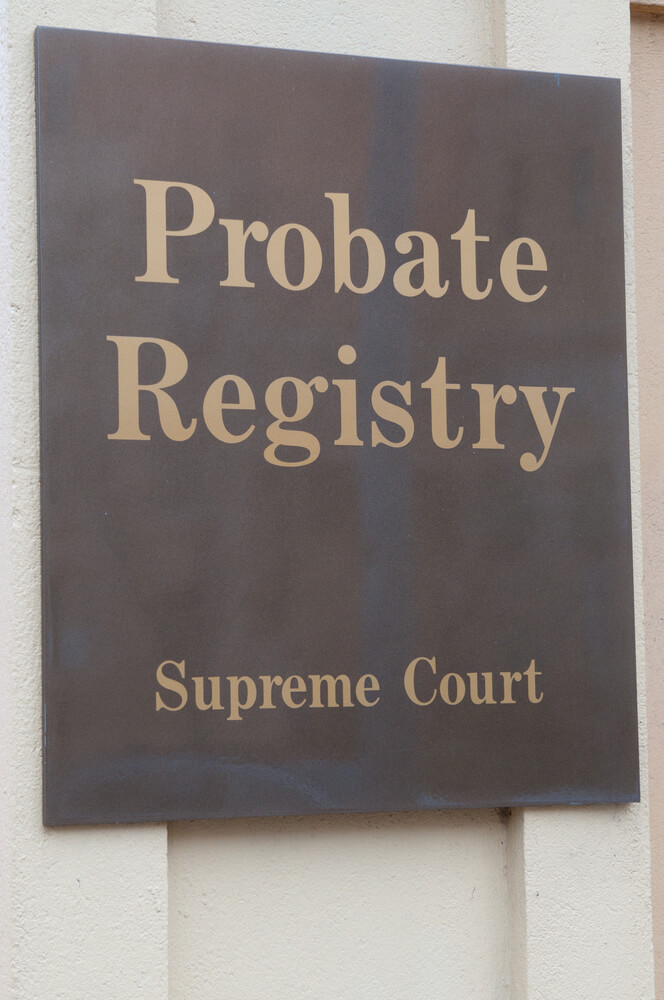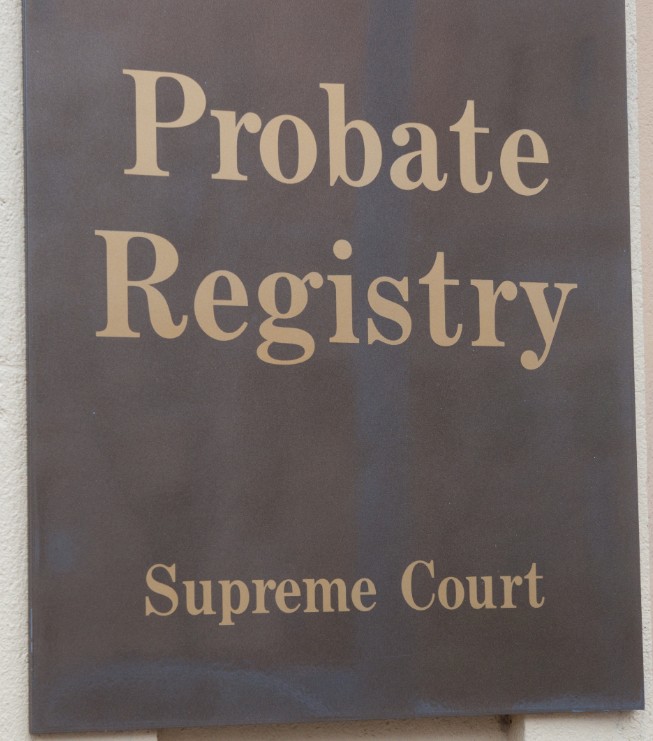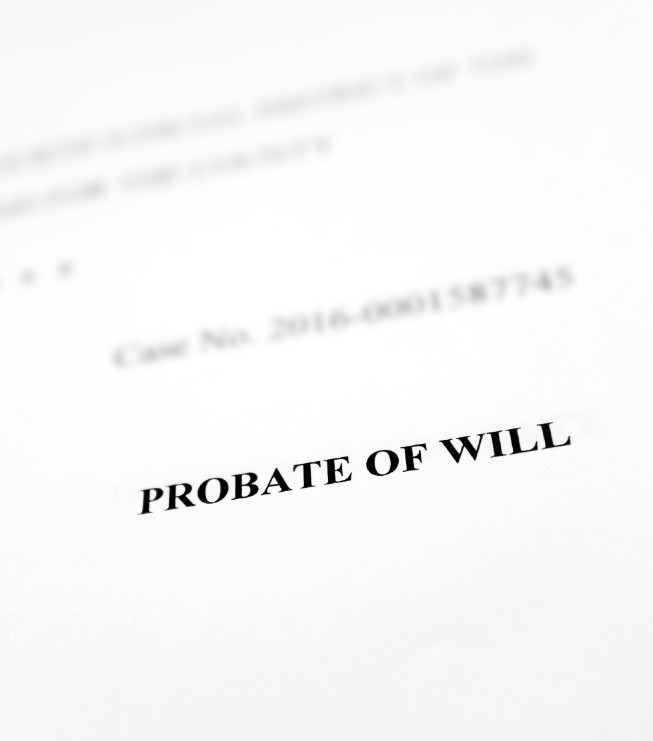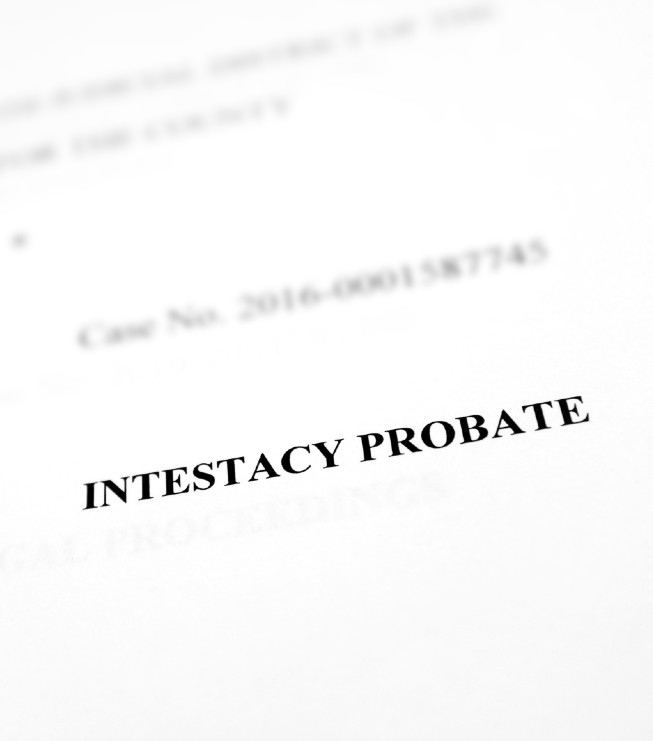Is an application to the Court required if someone dies with a Will? What about Without a Will?

IS AN APPLICATION TO THE COURT REQUIRED IF SOMEONE DIES WITH A WILL? WHAT ABOUT WITHOUT A WILL?
Yes, an application to the Supreme Court is required when someone dies with a Will or without a Will.
The existence of a Will does not overrule the requirement for the Executor to be legally appointed by the Court (a grant of probate) to enable the executor to deal with the deceased’s property.
The type of application to the Court depends on whether:
- The deceased left a Will meeting the legal requirements for a valid Will – Grant of Probate;
- The deceased left a Will but it does not meet legal requirements – Letters of Administration (Will Annexed); or
- The Deceased died intestate (leaving no will) – Letters of Administration
If you are the named executor under a Will, or the next of kin of someone who died without a Will, then it is important that you seek legal advice before dealing with any part of the Estate in order to confirm the most appropriate application to the Court and your obligations in dealing with the Estate.
A Grant of Probate / Administration empowers the Executor / Administrator to deal with the Estate in accordance with the Will and the law – the Administration Act 1903 where there is no Will.
There are onerous obligations on executors who are bound by legal and ethical obligations to deal with the Estate in accordance with the Will (where there is one) and the Law and fiduciary obligations to act in the interest of all the beneficiaries.
An initial consultation with one of our experience deceased estate lawyers will provide you with a checklist of all your obligations.
In most cases the costs of seeking legal (and accounting advice) in relation to the Estate are valid expenses of the Estate, so there is no need for you personally to be out of pocket and may save you from claims against you personally by beneficiaries (or even potential beneficiaries).
We have a team of specialised lawyers and paralegals who deal solely with deceased estate matters including assisting with the onerous and time-consuming administration with the fees payable from the estate so all residual beneficiaries share in the costs and relieve the burden from one person

OUT OF THE STATE AND OVERSEAS EXECUTORS
Our lawyers can also act as an appointed attorney for an executor. This is particularly useful for executors who reside outside of Western Australia completely removing the burden for travel for such things as all court and other documentation, publication of the required notices, selling up of assets to convert to cash and distribution to beneficiaries.







WHAT HAPPENS IF SOMEONE DIES WITHOUT A WILL
When someone dies without a Will they are described as having died intestate and the Administration Act 1903 applies to determine the process for dealing with the Estate and distributions to beneficiaries in accordance with the Act.
In most circumstances an eligible person will be required to make an application to the Supreme Court for a grant of Letters of Administration. Once the grant is made, the appointed Administrator is then empowered to deal with the Estate with the same obligations as an Executor.
The Act governs how an intestate estate is administered from payment of the deceased’s and the estates liabilities to distribution of the residual Estate in accordance with section 14 of the Act.
Mountains Lawyers has an experienced team of deceased estate lawyers with deceased estate administration being a large part of our services. We can assist you from the Application for grant of Probate / Administration, through to administering the Estate.



If you believe that a will should be disputed, the team at MLLS will ensure that the process is done as quickly and painlessly as possible, so you receive your estate without delay, loss of money or further grief.


